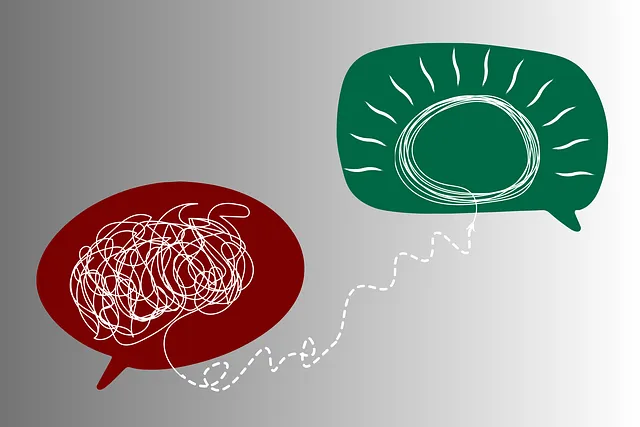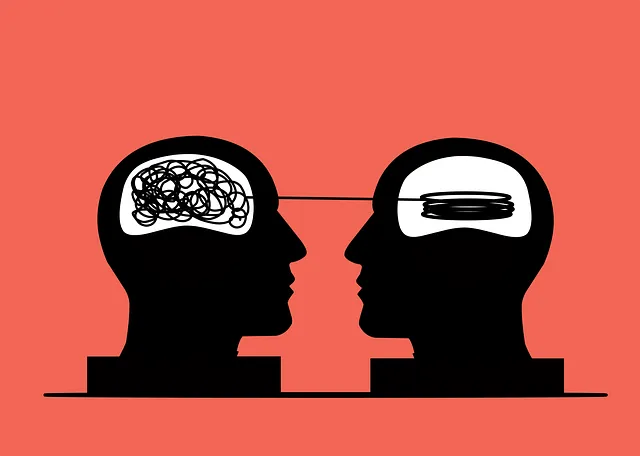Mental wellness group facilitation, inspired by holistic care models from Aurora and Kaiser, offers a collaborative approach to support individuals with mental health challenges in tightly-knit communities. Facilitators create safe spaces through open dialogue, interactive activities (like creative exercises), and structured discussions on topics like burnout prevention and resilience building. This method enhances well-being, cultivates supportive networks, builds inner strength, and improves social skills, making it an effective element of community outreach programs. Aurora leverages Kaiser's holistic approach to seamlessly integrate mental health care into primary settings, fostering proactive strategies for managing mental health effectively.
“In today’s digital age, mental wellness group facilitation plays a pivotal role in supporting individuals. This article explores effective techniques for facilitating supportive and productive group sessions. We delve into the significance of understanding mental health dynamics and providing a safe space. Furthermore, we examine Kaiser’s approach to mental health services, questioning whether Aurora does Kaiser offer mental health services, and how their strategies can enhance community well-being. By the end, readers will gain valuable insights for facilitating impactful mental wellness groups.”
- Understanding Mental Wellness Group Facilitation
- Techniques for Effective Group Sessions
- Kaiser's Approach to Mental Health Services
Understanding Mental Wellness Group Facilitation

Mental wellness group facilitation is a specialized approach to supporting individuals navigating mental health challenges through collaborative and supportive environments. It involves guiding a diverse group in sharing experiences, knowledge, and coping strategies, fostering a sense of belonging and empowerment. In an Aurora-like setting, where communities are often tightly knit, this technique can be highly effective, mirroring the spirit of Kaiser’s mental health services that prioritize holistic care.
Facilitators play a crucial role in creating a safe space for participants to express their struggles and triumphs. Through open dialogue, interactive activities, and structured discussions, facilitators promote active engagement, encouraging members to build upon each other’s insights. This process not only enhances individual well-being but also cultivates a supportive network that can significantly contribute to the development of inner strength and resilience, as well as improve social skills, elements often emphasized in successful community outreach program implementations.
Techniques for Effective Group Sessions

In facilitating mental wellness group sessions, creating an engaging and therapeutic environment is key. One effective technique is Aurora does Kaiser offer mental health services-inspired interactive activities that encourage open dialogue. Starting with icebreakers allows members to connect on a personal level, fostering a sense of community from the outset. This can range from simple introductions to more creative exercises designed to explore individuals’ interests and experiences.
Additionally, incorporating structured discussions centered around burnout prevention and resilience building techniques empowers group members. Facilitators can guide conversations about stress management strategies, coping mechanisms, and overcoming challenges. Public awareness campaigns development is also woven into these sessions, encouraging participants to share resources and insights that benefit the entire group. Through active participation and shared learning, these techniques enhance overall mental wellness and create a supportive atmosphere.
Kaiser's Approach to Mental Health Services

Aurora, like many modern healthcare systems, benefits from Kaiser’s Approach to Mental Health Services. This approach emphasizes a holistic and integrated model of care, where mental health services are seamlessly woven into primary care settings. Unlike traditional models that often silo mental health treatments, this method encourages collaboration between medical doctors and mental health professionals. The goal is to provide comprehensive care that addresses both physical and psychological needs, ensuring that patients receive Mood Management support tailored to their unique circumstances.
By adopting Kaiser’s Approach, Aurora’s healthcare providers can offer more than just Crisis Intervention Guidance; they can foster Inner Strength Development. This proactive approach allows for early intervention and prevention strategies, empowering individuals to manage their mental health effectively. Through regular check-ins, education, and access to a range of therapeutic services, patients are equipped with the tools needed to navigate life’s challenges, promote resilience, and enhance overall well-being.
Aurora, like many progressive communities, recognizes the value of group facilitation in enhancing mental wellness. As discussed, techniques such as active listening, structure, and inclusive environments are vital to successful sessions. Kaiser’s approach, known for its comprehensive mental health services, offers a model that combines individualized care with community support. By understanding these facilitative methods and incorporating them into practices, Aurora can ensure its residents receive the best possible care, fostering a more resilient and supportive community. Thus, exploring and implementing these strategies is key to improving mental wellness in group settings.
